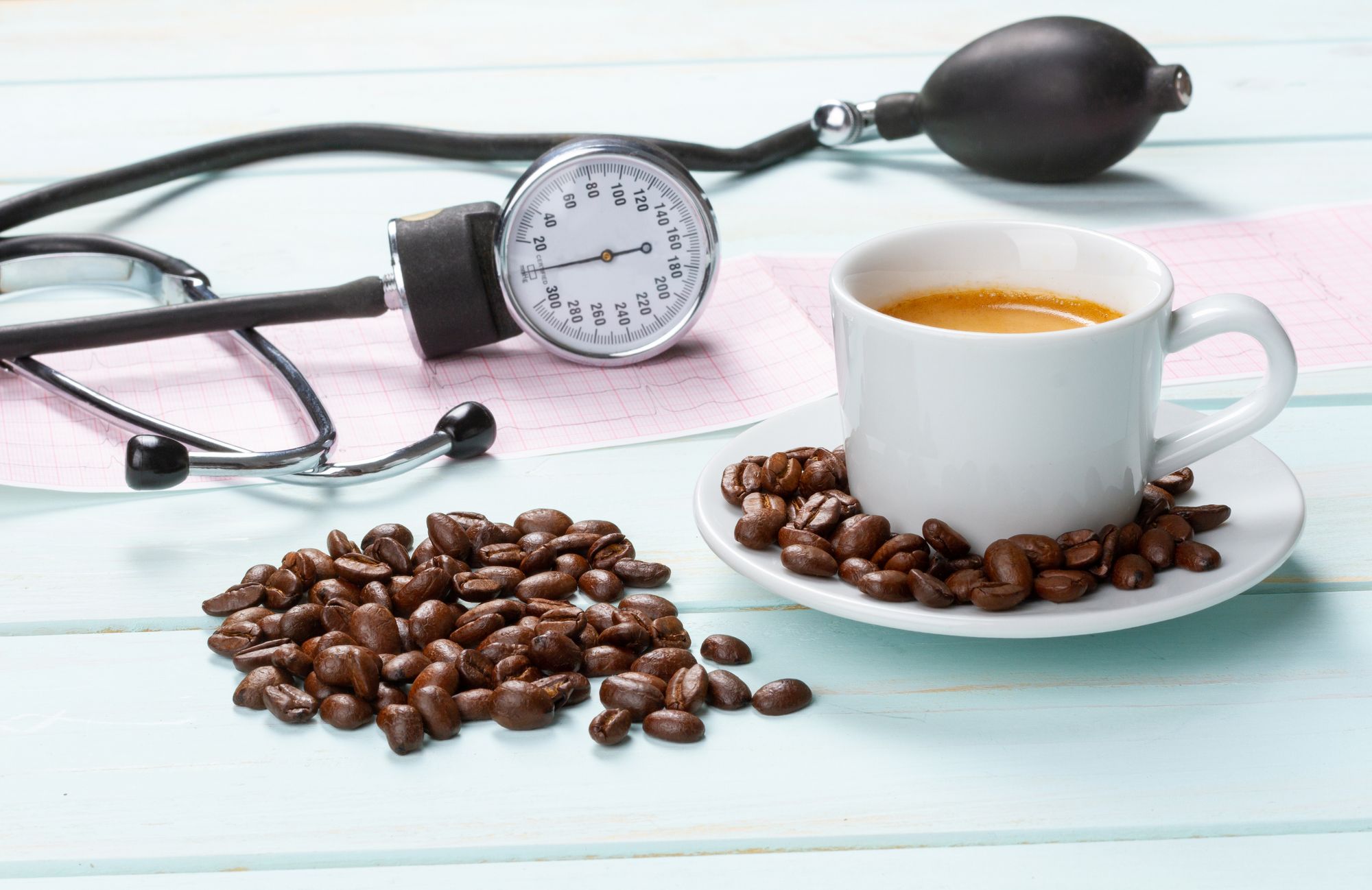The way we kickstart our mornings can shape the course of our day. For many, the presence of a cup (or two) of coffee is essential to navigate the early hours. Whether you savor a single cup or find yourself reaching for a third by mid-afternoon, this caffeinated elixir has the power to bring a moment of delight when needed, along with a much-desired energy boost. However, beyond its morning pick-me-up qualities, coffee has also been associated with a range of potential side effects. Hence, the question arises: is coffee truly good for you?
On one hand, scientific studies reveal that regular coffee consumption may contribute to the prevention of various diseases, elevate mood, and assist in achieving weight loss goals. Nonetheless, it is important to recognize that coffee is not universally suitable, as individuals with panic disorder or hypertension may need to moderate their intake. To uncover the genuine health benefits of regular coffee consumption, we delved deep into the scientific research surrounding its potential effects.
Exploring Coffee's Nutritional Profile: Unveiling the Differences Between Brewed Coffee and Espresso

To gain insights into the potential benefits and side effects of consuming coffee, it is helpful to first examine the nutritional information of both brewed coffee and espresso. Both beverages originate from coffee beans and contain beneficial micronutrients such as magnesium and potassium. However, the key distinction lies in their preparation methods. Brewed coffee is typically made using automatic coffee pots, pour-over techniques, or Chemex, while espresso is produced through an espresso machine that utilizes pressurization to extract a concentrated ounce or two of coffee. As a result, espresso generally boasts higher caffeine content and slightly more calories compared to a regular cup of coffee.Here's a breakdown of the nutritional content of each:
Brewed Hot Coffee (8 ounces):
- 2.4 calories
- 94.8 milligrams of caffeine
- 7.1 milligrams of magnesium
- 116 milligrams of potassium
- 4.7 milligrams of sodium
Espresso (2 ounces):
- 5.4 calories
- 127 milligrams of caffeine
- 48 milligrams of magnesium
- 69 milligrams of potassium
- 8.4 milligrams of sodium
While brewed coffee and espresso have variations in brewing methods and minor differences in nutritional composition, the general benefits and side effects associated with coffee consumption apply to both beverages to some extent. Whether you opt for coffee or espresso, being aware of the health advantages and potential drawbacks can empower you to make an informed choice. So, is coffee good for you? Continue reading to delve into the possible benefits and side effects of this beloved beverage.
Exploring the Multifaceted Benefits of Coffee: 7 Reasons to Savor Your Cup
Coffee, beyond being a beloved beverage, offers a wealth of potential benefits that can enhance your overall well-being. Let's delve deeper into each of these intriguing advantages:
1) Promotes Heart Health:

Scientific studies reveal that consuming three to five cups of coffee daily can lower the risk of cardiovascular disease by approximately 15% in healthy individuals. Moreover, moderate coffee intake does not increase the likelihood of heart-related issues for those with a history of cardiovascular events.
2) Provides an Energy Boost:
The caffeine content in coffee provides a natural jolt of energy and heightened alertness. Caffeine blocks certain neurotransmitters in the brain while allowing others, like dopamine, to increase. This process enhances alertness and overall energy levels.
3) Supports Brain Health:

Long-term coffee consumption has been associated with a reduced risk of cognitive decline, Alzheimer's disease, and dementia. Regular consumption of coffee and tea, either separately or together, has been linked to a lower risk of dementia and post-stroke dementia.
4) Aids Weight Management:
Coffee contains beneficial plant compounds and polyphenols that contribute to preventing obesity and metabolic syndrome. Meta-analyses have shown that regular coffee consumption is associated with a reduction in abdominal fat and abdominal obesity, with more pronounced effects observed in men.
5) Reduces Cancer Risk:

Certain types of cancer show an intriguing connection to coffee consumption. Studies have highlighted a reduced risk of endometrial cancer due to coffee's hormonal effects and antioxidant properties. However, no significant associations have been found between coffee and other cancers such as breast, pancreatic, kidney, prostate, ovarian, or stomach cancers.
6) Lowers Type 2 Diabetes Risk:
Both caffeinated and decaffeinated coffee have demonstrated a decreased risk of developing type 2 diabetes. Coffee's impact on pancreatic beta cells, which regulate insulin production and blood sugar levels, appears to be a key factor contributing to this benefit.
7) Supports Mental Health:
Caffeinated coffee consumption has been linked to a reduced risk of depression. A meta-analysis suggests that consuming moderate amounts of coffee, falling between 68 and 509 milligrams of caffeine per day, is associated with a lower likelihood of developing depression. However, it is important to prioritize professional help and not rely solely on coffee for managing mental health concerns.
While these benefits showcase the potential advantages of coffee, individual responses can vary based on factors like personal health conditions, caffeine sensitivity, and overall lifestyle. Moderation and balanced consumption remain essential for enjoying the benefits of this versatile and cherished beverage.
Unveiling the Potential Side Effects of Coffee: 2 Factors to Consider
While coffee offers a range of benefits, it's important to be aware of potential side effects that can affect certain individuals. Here are two noteworthy considerations:
1) Exacerbates Anxiety Symptoms:
Some individuals may experience jitteriness or increased anxiety after consuming coffee, primarily due to its caffeine content. The impact of coffee on anxiety is influenced by a person's existing anxiety disorder and caffeine sensitivity. Typically, higher caffeine doses, equivalent to around five cups of coffee, may induce panic or anxiety, particularly in individuals with a panic disorder. If you have a history of anxiety or frequently experience anxiety symptoms, it may be advisable to limit coffee consumption.
2) Elevates Blood Pressure:

While coffee's positive effects on heart health have been acknowledged, individuals with uncontrolled high blood pressure (hypertension) should exercise caution. The aforementioned review in the Journal of Agricultural and Food Chemistry suggests that people with hypertension should monitor their caffeine intake and avoid excessive coffee consumption. The caffeine in coffee can potentially cause temporary spikes in blood pressure levels.
As with any dietary consideration, it's crucial to understand your individual circumstances and consult with healthcare professionals if you have specific health concerns or pre-existing conditions. Being mindful of caffeine intake and its potential effects can help you make informed decisions about your coffee consumption.

